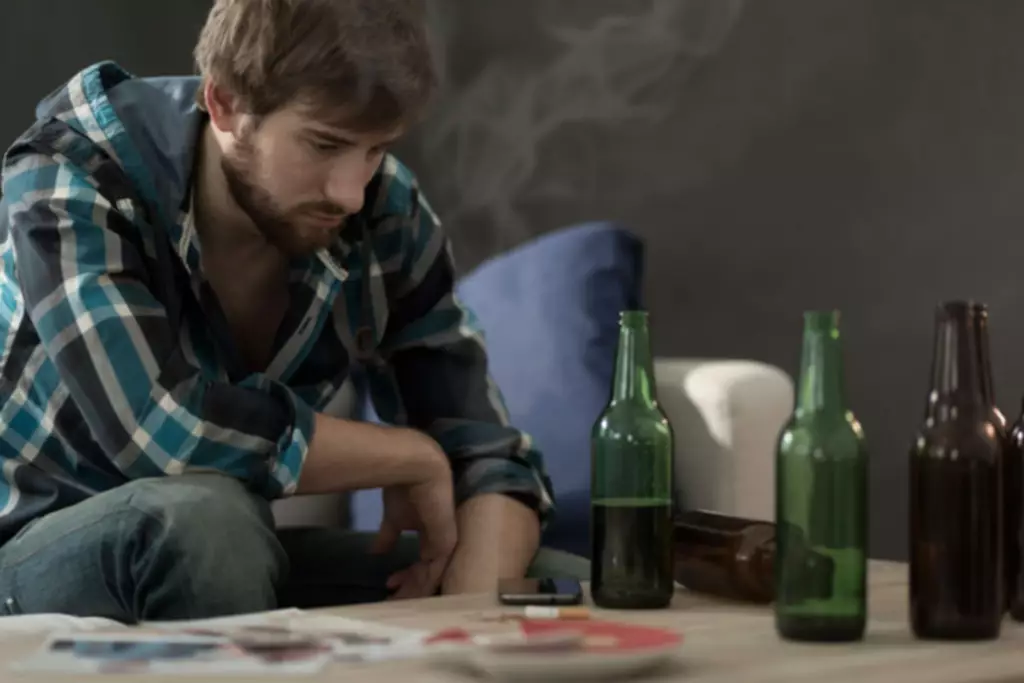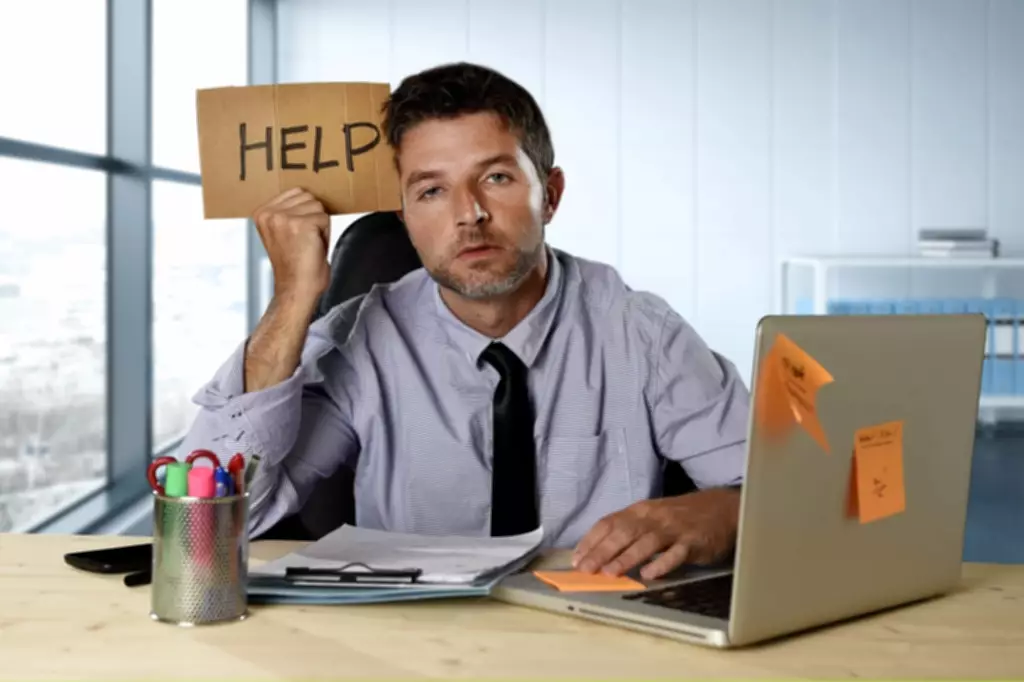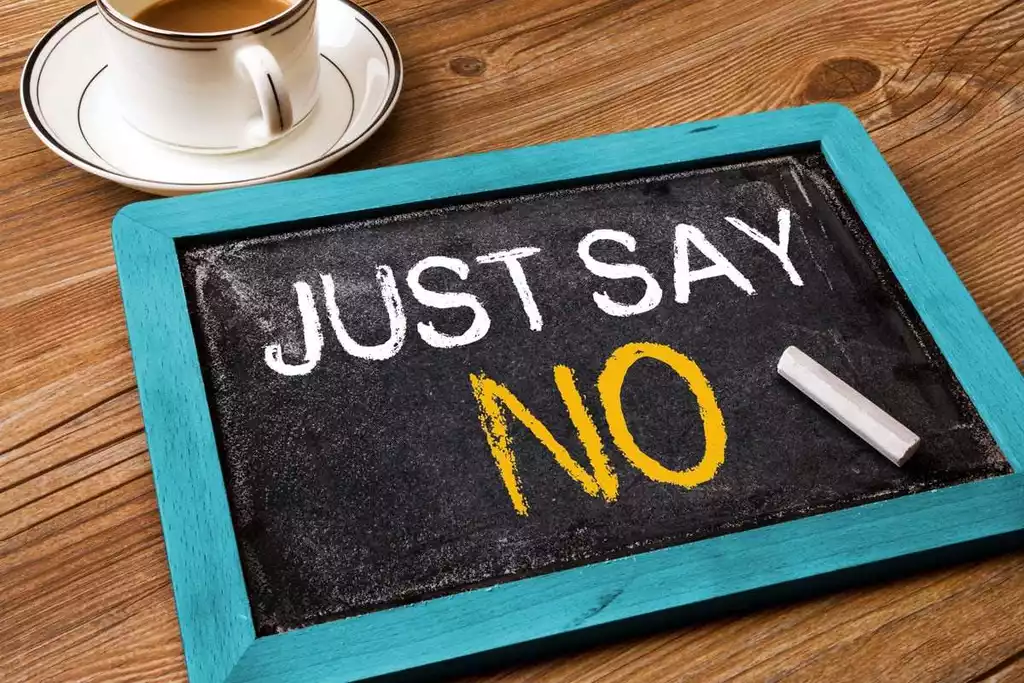
Whether or not you should go back into rehab immediately following a slip is a debate that has probably been on the mind of just about every addict who’s ever slipped and immediately regretted it. For those seeking addiction treatment for themselves or a loved one, all phone calls are confidential and are available for 24/7 help. All calls will be answered by The Healing Place, a paid advertiser.
How to Choose the Best Drug & Alcohol Detox Center in Pompano Beach
- In others, it means falling back into addictive patterns and needing to go through a full treatment program again.
- Supporting a loved one who struggles with addiction is emotionally challenging, so it’s important you look after yourself too.
- The fact is that drug addictions are difficult things, and what is even more difficult is overcoming one for good.
- We will also communicate with your insurance provider to ensure that you receive every benefit that you are entitled to.
- There’s a huge world out there for you to explore after returning home after rehab.
If you determine that you have experienced a true relapse, reentering rehab may be your best option. There are many myths surrounding relapse, some deeply ingrained and widely held. If not addressed thoroughly in rehab, these beliefs can lead to relapse after rehabilitation is complete. Addiction is a lifelong disease that must be actively controlled and managed everyday during recovery.
- Research about rehab and recovery talk about the “pink cloud” of recovery.
- The client’s repeatedly express how amazed they are at Carrie’s listening skills and non-judgemental attitude, which allows them to develop trust, honesty and openness to discuss their SUD.
- Some individuals may have lost their jobs due to substance use, while others may have taken extended leave to complete treatment.
- He holds a Master’s degree in Human Services from Lincoln University, Philadelphia, Pa, and a Ph.D. with a concentration in Clinical Psychology from Union Institute and University.
- Kaylyn currently supervises our Conduct and Life Intervention Counseling department.
- Ultimately, one must determine if they can afford to go back as rehabilitation can be costly and time-consuming.
You are becoming less cautious of your triggers.
That is why many rehab centers offer special rehab programs that provide extended care which can last throughout a person’s lifetime. They attempt to instill values and principles that will help you when you’re back out in the world, but the truth is that addiction is a powerful condition. Once you’ve been exposed to drug and alcohol abuse, it sometimes becomes a real battle to stay away from the things that ruin your life. Craving is a powerful phenomenon, and the majority of addicts will relapse even after treatment. Leslie has been working with families of clients in the program for 13 years. She has strong communication skills, compassion for others, and a drive to provide the best services we can to each client and their family throughout their experience with Elevate.
Should I Go Back to Rehab After Relapse?
Consider getting therapy, joining a family support group, learning more about addiction and setting aside some time for yourself. Looking after your own mental health means you can continue being a strong and supportive presence for them. A slip may be fixable with meetings, counseling, and support, but a full-blown relapse should seriously make you consider calling a treatment center and restarting your journey into recovery.

Find Treatment
Long-term aftercare support alcoholism symptoms programs — including 12-step programs and group and individual therapy — are essential parts of long-term sobriety. Addiction often impacts every area of life, and employment is no exception. Some individuals may have lost their jobs due to substance use, while others may have taken extended leave to complete treatment. Regardless of the situation, returning to work can be both exciting and intimidating. Nevertheless, employment plays a crucial role in long-term recovery.
Practical actions to support recovery
After detox, treatment will include identifying triggers, learning how to manage cravings, and creating a support network to help you stay on track. You’ll work closely with your therapist to create a plan that’s realistic and tailored to your lifestyle. Your treatment team will also help you develop an aftercare plan that may include continued therapy, support groups, and regular check-ins with a counselor. Relapsing after treatment at a drug and alcohol rehab center is a common occurrence. It is important that addicted individuals get back on the right track by getting the help that they need as soon as possible.
Treatment Therapies
Sometimes, a person may relapse back to one of these stages, as they struggle to maintain their recovery. To better understand this concept, we’ll compare drug addiction lapse and relapse to a person trying to lose weight and maintain the weight loss. Eating a single piece of pizza, for instance, would be considered a lapse. Gaining 35 pounds during the course of dieting from a continued poor diet, would be considered a relapse. You may wonder if there is a difference between a slip, or a “lapse,” and a true relapse. A lapse is a temporary, often one-time, return to prior drug-use behavior, whereas a relapse is a “full-blown” return to drug or alcohol use after an attempt to quit.

For example, someone with an alcohol use disorder should avoid going to going back to rehab a bar or seeing their old drinking buddies. Contact us today to find out which program might be right for you, or to begin the process of arranging for treatment. However, understanding what the success factors of treatment are can help you better understand relapse as a whole. Those who need help finding a rehab facility that meets all of these requirements should contact one of our treatment specialists right away.
Illegal Drug Addiction

Some of the other treatment options that are available include partial hospitalization, inpatient and outpatient therapy, and aftercare programs. Recent research has shown that roughly half of the people who enter a treatment program for their drug or alcohol addiction will relapse within less than a year of being released from it. Lack of commitment to sobriety can also be a major factor in relapse. Here, we provide a thumbnail view of four stages of recovery used in many treatment programs, including, pre-contemplation, contemplation, preparation, and action. Simply defined, relapse is the return to a previous situation regarding drug or alcohol use.
- One often overlooked aspect of coming home after rehab is that you may need to find new friends.
- Relapse doesn’t mean the treatment program didn’t work — it simply means the treatment plan needs reinforcement or adjustment.
- Along with participating in activities that promote their physical health, those in outpatient rehab benefit from committing to activities that support their mental health.
- Eating a single piece of pizza, for instance, would be considered a lapse.
- It is never too late to seek help and start your recovery journey.
- We work with you to ensure you ease yourself into the treatment process.

Jesse considers the need for helping people with alcohol and drug use to be a personal mission and one that he feels is necessary within the current epidemic of use throughout the country and world. As the Supervisor of Group Counseling, Katie ensures our clients in both the educational and group setting are getting the tools they need to be successful in recovery. Katie provides a compassionate and safe environment for our clients to work through the tough issues, make the necessary changes, and find joy in life again. Katie takes an active role in each client’s recovery, and works individually with them to ensure they get the most out of the Elevate curriculum, and achieve their individual treatment plan goals.

